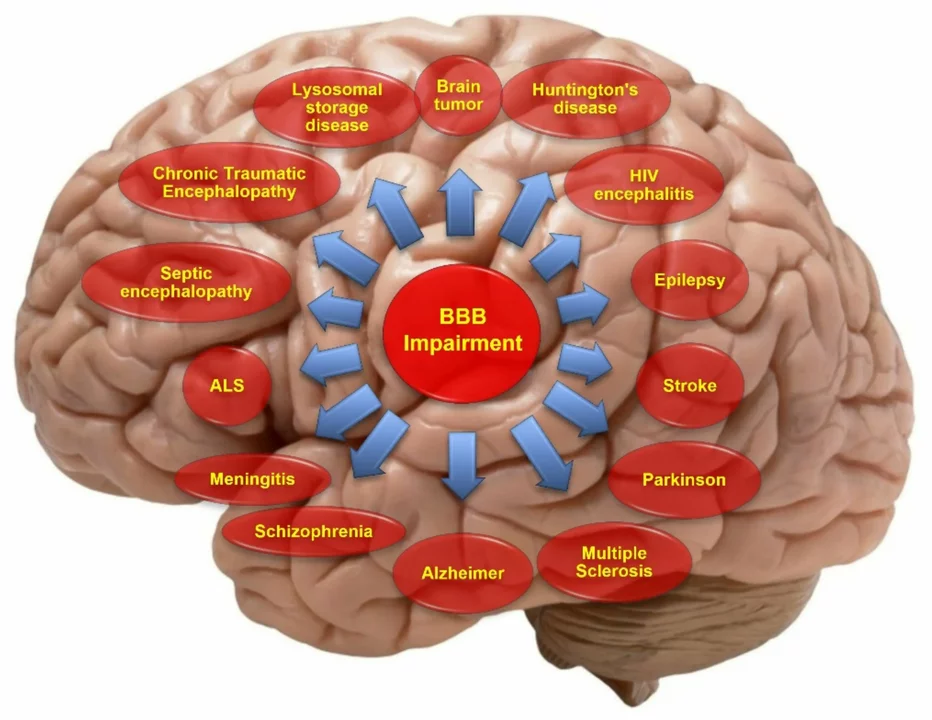Cognitive Control: What It Is and How to Strengthen It
Cognitive control is your brain’s ability to focus, switch tasks, resist impulses, and hold information in mind. When it works well you plan, stick to goals, and ignore distractions. When it weakens you feel scattered, make mistakes, and struggle with habits.
You can test parts of cognitive control in daily life: can you stop scrolling when you intend to work? Can you switch gears from email to a phone call without losing track? Those simple moments show how your control system is doing.
Several things change cognitive control fast. Sleep loss, stress, hunger, and alcohol make it worse. Certain medications affect it too — for example, stimulants used for ADHD or some antidepressants can change attention and impulse control. If you take meds, check how they affect focus and sleep. Our article on Atomoxetine and Sleep explains how one ADHD drug can alter rest, which then affects control.
Want practical ways to boost cognitive control? Start with sleep and routines. Aim for consistent bedtimes, short tech-free wind-downs before bed, and 7–9 hours if you can. Good sleep resets attention circuits and cuts down on impulsive decisions.
Next, steady physical activity helps — not just hard workouts. A brisk 20–30 minute walk raises alertness and improves task switching for hours. Studies show regular aerobic exercise supports the parts of the brain that manage planning and inhibition.
Use short focused work blocks. Try 25–50 minute sprints with 5–10 minute breaks. This pattern respects attention limits and trains sustained focus. Combine it with a list of specific small goals so you always know the next step.
Mindfulness and simple breathing exercises sharpen control by training your brain to notice distractions without acting on them. Start with two minutes a day of focused breathing and build up. You don’t need fancy apps — just practice noticing when your mind wanders and gently bring it back.
Nutrition matters too. Low blood sugar and dehydration hit focus quickly. Eat balanced meals with protein and fiber, and sip water through the day. Avoid heavy sugar spikes that lead to crashes and poor impulse control.
Cognitive training can help some people. Targeted tasks — like working memory games or problem-solving puzzles — show modest benefits for specific skills. Pair training with real-life practice: if you want to stop interrupting others, practice pausing before speaking in real conversations.
If cognitive control problems are severe or sudden, talk to a clinician. Conditions like ADHD, depression, and some medications can mimic or worsen control issues. Telehealth and pharmacist partnerships can speed access to care and safe medication advice — check trusted services and read reviews before ordering meds online.
Small, consistent changes add up. Improve sleep, move daily, eat well, break work into clear sprints, practice brief mindfulness, and seek professional help when needed. Your brain’s control system is adaptable — with steady, practical steps you can make it work better for everyday life.
Try tracking small wins weekly to see real progress; it keeps motivation up and habits forming daily.

The Role of Atomoxetine in Reducing Impulsivity
- by Colin Edward Egan
- on 27 Apr 2023
As a copywriter, I have come across an interesting topic about Atomoxetine and its role in reducing impulsivity. From what I've gathered, Atomoxetine is a non-stimulant medication used to treat ADHD. It's been shown to improve attention and focus while reducing impulsive behaviors. This medication can be a game-changer for individuals struggling with impulsivity, as it helps them gain better control over their actions. Overall, Atomoxetine plays a crucial role in managing ADHD symptoms and improving the quality of life for those affected by it.
